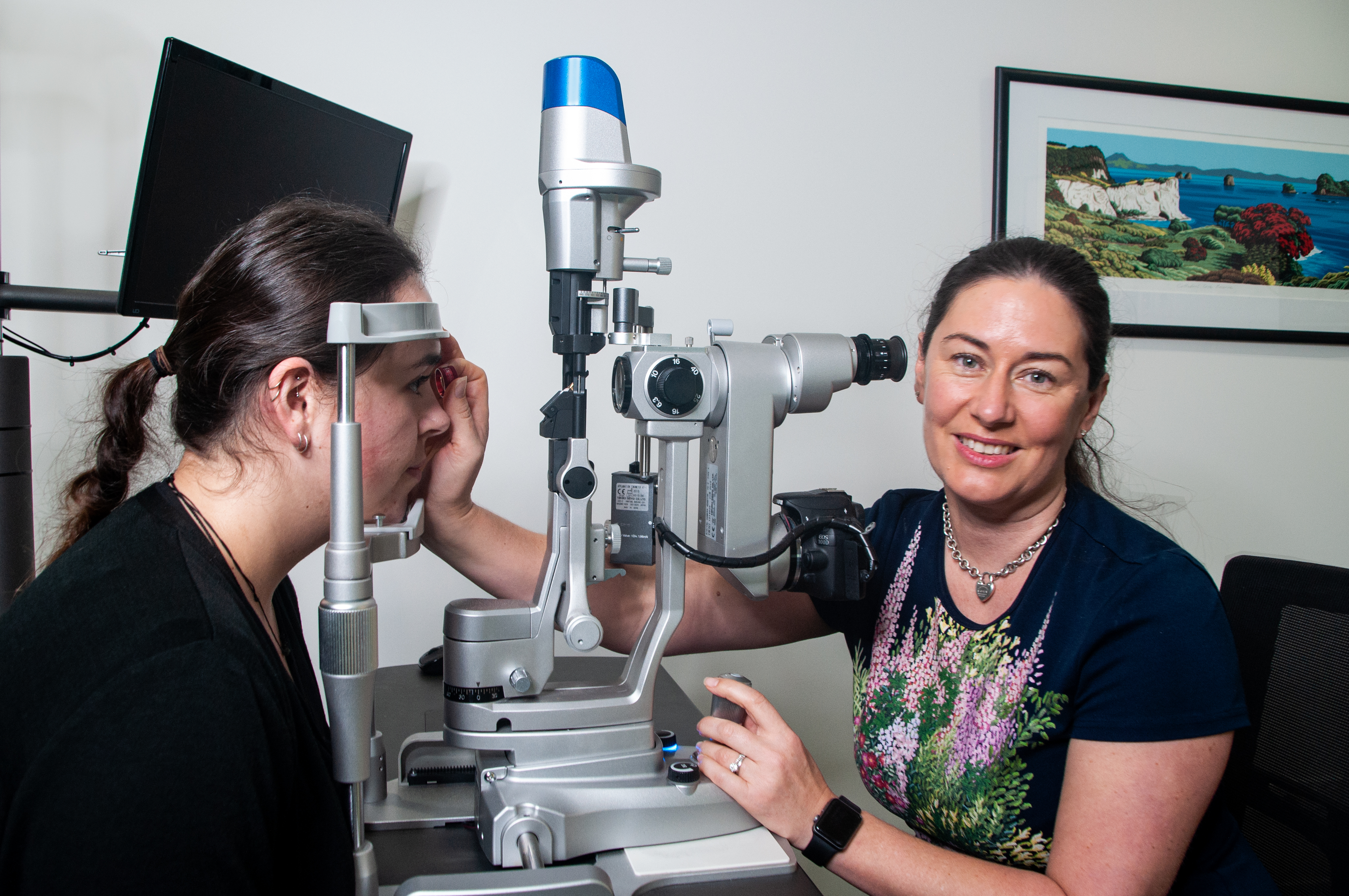Supporting New Zealanders Living with Glaucoma
Helping Kiwis navigate glaucoma with knowledge, community support, and resources that empower people to manage their vision health.

In today’s digital era, many of us spend a significant amount of time in front of screens at work. Prolonged screen time can lead to eye strain, discomfort, and other visual issues. Taking proactive steps to care for your eyes is crucial for maintaining overall well-being. In this blog post, we’ll explore eight practical ways to keep your eyes comfortable at work.
The 20-20-20 rule is a simple and effective technique to reduce eye strain. Every 20 minutes, take a 20-second break and look at something 20 feet away. This brief pause allows your eyes to relax and helps prevent fatigue associated with continuous screen use.
Ensure that your workspace is well-lit, but be mindful of glare and reflections on your screen. Position your desk lamp so that it illuminates your workspace evenly, and consider using curtains or blinds to control natural light if necessary.
Staring at screens for extended periods can lead to reduced blink rates, causing dry eyes and discomfort. Make a conscious effort to blink regularly to keep your eyes moist. Consider using lubricating eye drops if dryness persists.
Maintain an ergonomic workspace to minimise strain on your eyes and the surrounding muscles. Position your screen at eye level and ensure that your chair, desk, and keyboard are appropriately aligned to prevent neck and back discomfort.
Adequate hydration is crucial for overall health, including eye health. Drink plenty of water throughout the day to prevent dehydration, which can contribute to dry eyes. Limit the intake of caffeinated beverages, as they may contribute to dehydration.
Perform simple eye exercises to strengthen eye muscles and alleviate strain. Rotate your eyes in circular motions, focus on near and far objects, and practice palming—covering your eyes with your palms to create darkness and relaxation.
Routine eye exams are essential for detecting and addressing potential eye problems. Schedule regular check-ups with an eye care professional to ensure your eyes are in good health. They can provide guidance on corrective measures, such as prescription glasses or contact lenses.
If you’re experiencing eye discomfort or have a pre-existing condition, don’t delay – schedule an appointment with us. Prompt attention from an eye care professional can make a significant difference in maintaining your eye health. Receive personalised advice and ensure that you work comfortably and protect your long-term vision. Your eyes deserve the best care, so reach out to us for expert guidance tailored to your needs.

Helping Kiwis navigate glaucoma with knowledge, community support, and resources that empower people to manage their vision health.

We are delighted to celebrate a milestone for Dr Rachael Niederer, who has been promoted to Associate Professor at the University of Auckland.

Let’s explore the science and the wonder behind these tiny but powerful organs.